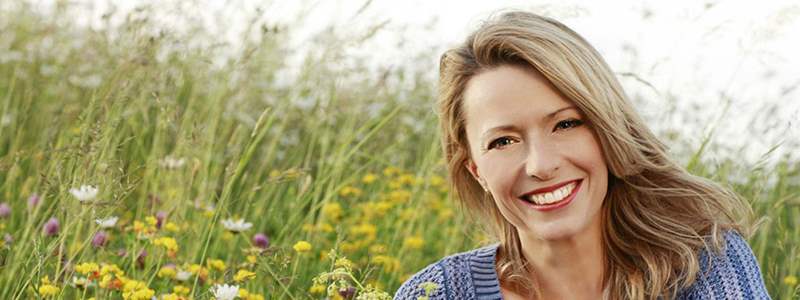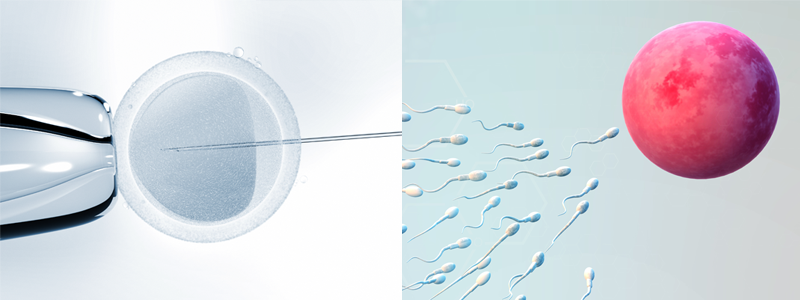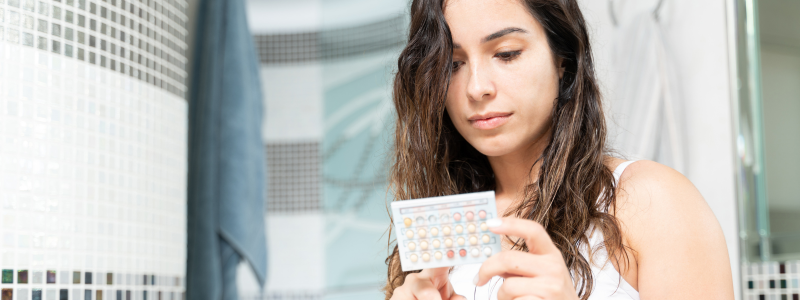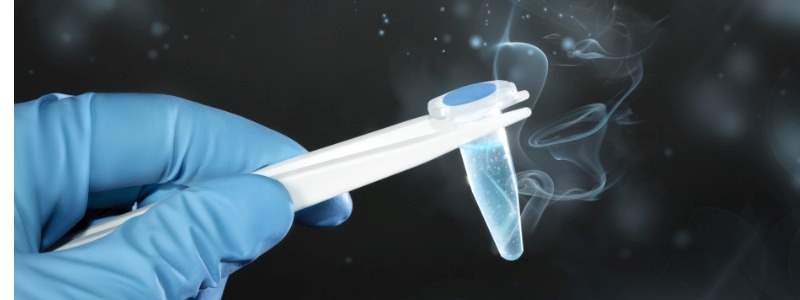It seems that through choice or necessity, more women than ever are having children in their 40s. Fortunately, the science and technology behind assisted reproduction is moving forward all the time and there has never been a better chance of getting pregnant over 40 than in the present day. But what are your chances of getting pregnant and how can you maximise them?
Why are more women trying for a baby at 40?
The average age of mothers has been increasing since the mid-1970s, reaching a record high of 30.7 years in 2019 and 2020, according to recent ONS data. The reasons for more women having babies later in life are manifold, including increasing numbers of women attending university and pursuing careers, the rising cost of raising a family, and not finding a suitable partner. Advances in contraceptive and reproductive technology have given women greater control in planning their family, which means that for many women, delaying motherhood is an active and empowered choice.
There may also be a ‘celebrity effect’, as women see and read about celebrities having children after 40, apparently effortlessly. However, a woman’s fertility does decrease dramatically from her late thirties and it is important to know the facts about conception at 40 and above, Fertility Network UK, for example, state age as the ‘most important factor affecting fertility’ for women.
What are the chances of getting pregnant after 40?
The decline in fertility begins around the age of 32 and becomes more rapid at 35 until by age 40, fertility has fallen by half. While at 30 there is a 20% chance of natural conception per cycle, this has fallen to 5% by age 40 and 1% at age 45.
This decline is down to a decrease in both the quantity and quality of eggs: women are born with a finite number of eggs, and the number of these decreases throughout the fertile lifespan. At birth there are 1-2 million eggs; this has declined to 300,000 by the onset of puberty and this supply dwindles further every month with ovulation. At 40 there are around 10,000 eggs (egg sacks); 3% of the original supply.
The remaining follicles also accumulate mutations over time, which is believed to be due to a breakdown of DNA repair mechanisms; this means that the rate of failed fertilisation, miscarriage and birth defect increase over time. For a little more detail on the numbers, and a full lowdown of the data, please read our our blog here.
How can you optimise your health for getting pregnant?
The good news is that there are various things that women over 40 can do to increase their chances of getting pregnant. There are some lifestyle changes that can be made to help with conception. The first step is to make the body receptive to pregnancy. This can be achieved by maintaining a healthy lifestyle including a good diet (plenty of protein, fruit, vegetables and calcium), lots of exercise, giving up smoking and reducing alcohol and caffeine intake. Among other things, this will help to keep a normal BMI (ideally less than 25) which is important for conceiving, if you’re unsure of your current BMI, head over to our calculator to work out whether you currently sit within the optimal BMI range of 19-30.
Professor Stuart Campbell, Ultrasound Specialist at CREATE suggests that: ‘maintaining a healthy BMI and giving up smoking are the two most important lifestyle changes that you can make to optimise your fertility potential’. You should take a folic acid supplement if you are trying to conceive, as this reduces the chance of any resulting baby having Spina Bifida. Also important is to reduce stress levels as much as possible, as stress hormones can interact negatively with reproductive hormones.’
What are the best fertility tests?
If, with all of these healthy lifestyle changes in place, you have not fallen pregnant after 6 months of regular unprotected sex, it is important to get yourself and your partner checked out for any possible medical problems, as the faster the problem is detected, the better the outcome of any treatment.
As part of your Initial Consultation at CREATE Fertility, we will perform an advanced ultrasound Doppler and 3D ultrasound to assess ovarian reserve; blood flow to the follicles; ovaries and womb lining; and whether there are any structural reasons why fertilisation/implantation cannot take place. We also offer general fertility advice about how to optimise your fertility. We may also recommend an AMH Blood Test. AMH stands for Anti-Müllerian Hormone, which is a hormone produced by small follicles in the ovaries. Measuring the level of this hormone can give an idea of how many eggs are left in the ovaries.
Which fertility treatments are most suitable for older women?
For many women over the age of 40, who have not conceived naturally, their best chance of conceiving can be assisted reproductive technologies. If this is the case for you, then there are a range of different IVF treatments available to meet your circumstances and preferences. At CREATE Fertility we specialise in Mild and Natural IVF. . In particular, our Natural and Modified Natural treatments can be successful in patients over the age of 40 who want to have a baby with their own eggs. According to Professor Campbell: ‘Natural IVF protocols can be as successful as conventional high stimulation IVF for patients over the age of 40’. Natural IVF It focuses on the quality of egg/s, rather than the quantity, working within your body’s natural menstrual cycle with the aim to collect naturally selected egg/s. This is particularly important for older women, who have a lower reserve of eggs.
We will track the development of the naturally selected follicle, which usually contains the healthiest egg, and may gently encourage its growth before collection. Using a lot of stimulating drugs in this age group can be counterproductive, as there is not usually a very large supply of eggs to recruit from, and many will not be viable for fertilisation.
Selecting the highest quality egg and using fewer drugs results in a higher chance of fertilisation of that egg, and a better environment in the womb for the embryo to implant.
Need more help as you consider your options?
There is no denying that age and the impact of low egg reserve reduce the chance of falling pregnant whether naturally or with fertility treatment, but at CREATE, we believe every woman deserves the opportunity to be a biological mother.
We want to make sure you have all the information you need to make an informed decision about fertility treatment. Come along to one of our virtual events to get all the information you need about Mild and Natural IVF options, or book your advanced scan and virtual consultation with one of our doctors to talk through your options.






